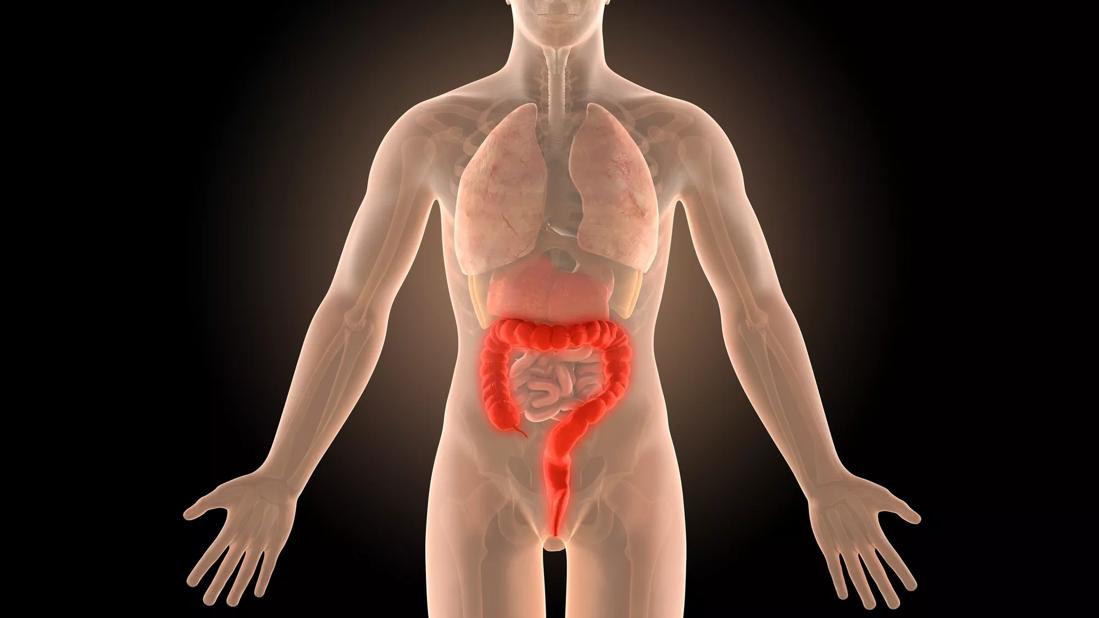Innovative Cleveland Clinic programs reduce fragmentation of care

Fragmentation of care is a common problem across many gastrointestinal (GI) conditions, from gastroparesis to inflammatory bowel disease (IBD). GI patients with complex cases and associated comorbidities often require treatment from multiple providers in different disciplines, but care may lack cohesion and focus.
Advertisement
Cleveland Clinic is a non-profit academic medical center. Advertising on our site helps support our mission. We do not endorse non-Cleveland Clinic products or services. Policy
To address this problem, Cleveland Clinic has developed a number of focused programs for complex GI cases, and is committed to assisting referring physicians with evaluations and treatments, and offering training and educational opportunities.
Gastroparesis, a rare debilitating and chronic disorder characterized by delayed gastric emptying in the absence of mechanical obstruction, is the No. 1 reason for patient referrals to Cleveland Clinic’s Digestive Disease & Surgical Institute. In recognition of the patient base, a Gastroparesis Clinic was established to offer a convenient, centralized site for patients to consult with multiple specialists, including gastroenterologists, pain specialists, psychologists, nutritionists and surgical endoscopists. This multidisciplinary team has experience working together and knows what does and doesn’t work in managing this difficult disorder, which causes nausea, vomiting and bloating.
The Gastroparesis Clinic, led by Surgical Endoscopist John Rodriguez, MD, and Gastroenterologist Michael Cline, DO, is pioneering the use of per oral endoscopic pyloromyotomy (POP) therapy for gastroparesis patients. The minimally invasive procedure is undertaken through the mouth, without the need for incisions. The goal of the intervention is to divide the pylorus, thereby improving the stomach’s emptying ability. POP has been performed at Cleveland Clinic since 2016, with promising initial patient outcomes both in terms of stomach emptying and symptomatic improvement.
Advertisement
Read more about the Gastroparesis Clinic here.
The establishment of a specialized Medical Intensive Liver Unit (MILU) has led to more comprehensive hepatology care plans for patients with liver disease (acute and chronic liver failure, cirrhosis and related complications, hepatitis, and potential candidates for liver transplantation) at Cleveland Clinic. The focus of the unit is solely medical, rather than surgical only or surgical and medical as other institutions may have established, according to Christina Lindenmeyer, MD, Department of Gastroenterology and Hepatology. All patients admitted to the MILU are seen by an intensive care unit specialist and a transplant hepatologist, with the goal of diagnosis and treatment earlier in the disease process. Preliminary data suggest that the co-management model has greatly increased the volume of patients who can be seen. In addition, the mortality rate has declined by almost 10 percent; ICU lengths of stay for these patients also are reduced.
For more information on the MILU, click here.
The establishment of an IBD Medical Home at Cleveland Clinic has been led by Miguel Regueiro, MD, Chairman of the Department of Gastroenterology, Hepatology and Nutrition, in an effort to offer patients integrated, comprehensive care that saves them time and money. The team of providers at the IBD Medical Home is comprised of gastroenterologists, surgeons, nutritionists, dietitians, nurses, nurse practitioners and psychologists, all of whom see patients at the same facility.
Advertisement
The IBD Medical Home is already paying dividends in terms of improved patient experience and satisfaction with care, as well as outcomes. Dr. Regueiro hopes the concept eventually can be expanded into the community, linking Cleveland Clinic IBD experts, primary care physicians and regional gastroenterologists into an IBD Medical Neighborhood.
For more information on the IBD Patient-Centered Medical Home, click here.
Advertisement
Advertisement

Multidisciplinary framework ensures safe weight loss, prevents sarcopenia and enhances adherence

Study reveals key differences between antibiotics, but treatment decisions should still consider patient factors

Key points highlight the critical role of surveillance, as well as opportunities for further advancement in genetic counseling

Potentially cost-effective addition to standard GERD management in post-transplant patients

Findings could help clinicians make more informed decisions about medication recommendations

Insights from Dr. de Buck on his background, colorectal surgery and the future of IBD care

Retrospective analysis looks at data from more than 5000 patients across 40 years

Surgical intervention linked to increased lifespan and reduced complications